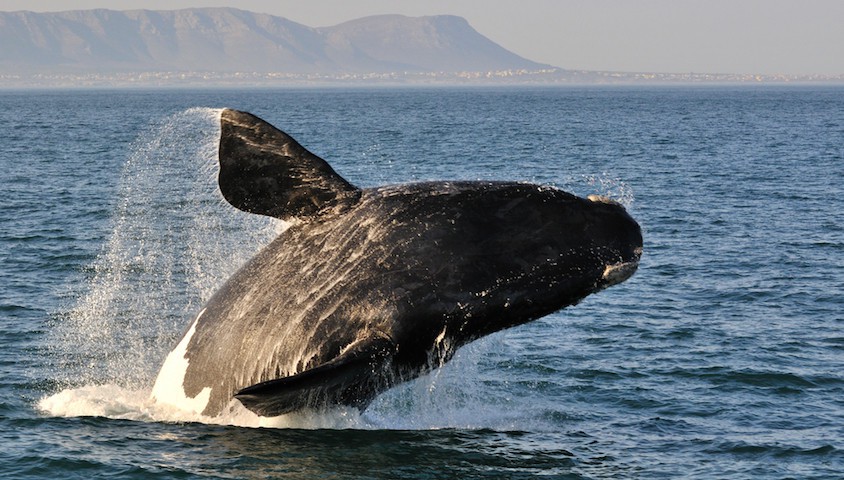Earlier this week, BP announced that it would not be progressing with its current exploration drilling project in the Great Australian Bight.
Interest in the area from some of the world’s largest oil and gas companies has been making mainstream media headlines since it was first awarded exploration licenses in the Ceduna area of the Bight in early 2011.
However, ongoing pressure from the Great Australian Bight Alliance – a partnership comprising of the The Wilderness Society, Bob Brown Foundation and Sea Shepherd Australia (among others) – worked to increase public scrutiny in recent months, coinciding with multiple rejections of BP’s environmental plan for drilling by the National Oil Petroleum Safety and Environmental Management Authority.
BP claims that none of these factors played a part in their decision not to proceed with their immediate plans, according to BP’s managing director for exploration and production, Australia, Claire Fitzpatrick,
“This decision isn’t a result of a change in our view of the prospectivity of the region, nor of the ongoing regulatory process run by the independent regulator NOPSEMA. It is an outcome of our strategy and the relative competitiveness of this project in our portfolio.”
The move is seen as a disappointment to the South Australian government, who expected the drilling and related operations would be a boon for local industry, with South Australian mineral resources minister Tom Koutsantonis saying that every Australian “has a right to feel disappointed with BP”.
“To remain in good standing with the Commonwealth government and the South Australian government, to explore for other titles, they need to make amends and that’s what we will be discussing with them about now,” he said, according to ABC News.
In direct contradiction to the state governments sentiment, lead campaigner of The Wilderness Society‘s Great Australian Bight campaign, Peter Owen said the contribution BP’s activity would provide to the local economy was minimal.
“BP’s own environment plan that had been sent back by the regulator twice said that the jobs at this point in the process would be negligible,” he said.
“Yet we were putting at risk tens of thousands of jobs in the tourism industry, an industry worth billions to the state’s economy, thousands of jobs in the fishing industry … and our coastal way of life, if there was a disaster here.”
Despite BP’s announcement that it would not immediately be going ahead with its plans, neither did it rule out the potential for similar activity in the future.
“BP is a long-term, significant investor in Australia, most visibly through our retail network and refinery and also as partners in the North West Shelf and Browse ventures,” added Fitzpatrick. ”We expect to continue to consider further opportunities to invest and grow our business here.”
Today, Bob Brown weighed into the discussion while speaking with Wild, saying “the Bight’s not safe yet”.
“Chevron, another of the world’s largest companies, has interests in the Bight, while BP’s partner Statoil may also be seeking to proceed in some way,” Brown said.
“What should happen now is that [federal minister for environment and energy] Josh Frydenberg should make those marine National Parks in the Bight oil-free zones and move to have them receive World Heritage listing.
“Not only is the region a critical southern right whale calving ground, there are also undersea canyons deeper than the Grand Canyon that we know very little about.”


